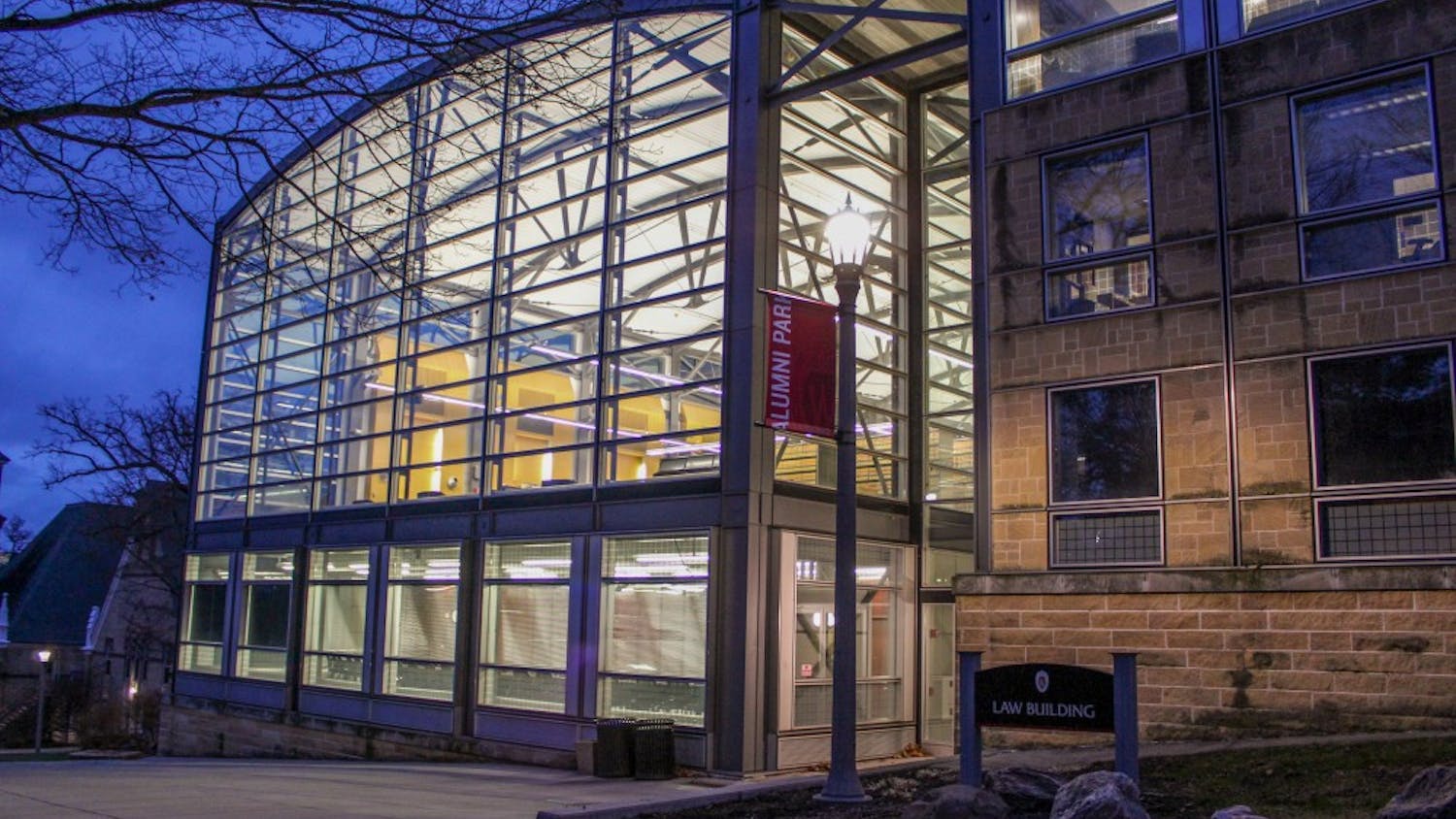The Policy Alternatives and Community Education project, an organization that addresses high-risk drinking, debated a license Tuesday that allows underage patrons in some bars.
Representatives discussed how the Performing Arts Venue License, which permits bars to provide live entertainment to underage patrons, is a way for underage students to be actively involved in the community nightlife.
According to Jonathan Zarov, communications manager of University Health Services and PACE, \The bars apply for the license, pay $250, have the Alcohol Licensing Review Committee approve of it, and have a plan on how they will separate non-drinkers from drinkers. They also have to let the police know ahead of time that there will be underage drinkers.""
While PACE supports the license, ""Police are not in favor of it. They are guarded about it because they are concerned that drinkers will give drinks to underage drinkers,"" Zarov said. However, he addressed licensed bars' usage of wristbands and hand stamps to clearly show underage patrons.
Zarov said PACE has mapped data showing that live-entertainment areas, located primarily on the upper end of State Street by the capital, are less densely populated and report fewer violations than drink specials areas located primarily on the lower end of State Street. Therefore, he said, underage patrons in the live-entertainment areas are more likely to be in a safer environment.
PACE Project Director Susan Crowley said campus media has increased the number of drink specials advertisements, thus more directly luring underagers to drink. Crowley said Friday and Saturday night drink specials advertising in the Onion newspaper between 2004 and 2005 grew by 67 percent. Crowley voiced concern regarding the advertisements.
""The lack of leadership on the issue is creating a dangerous situation for the downtown area and both the students and general community,"" she said. The issue led other PACE members to question whether discounted drink advertisements should be legal for establishments marketing to students.
PACE members also addressed the new parental involvement policy, which allows university staff members to contact parents or guardians of students under 21 who have been involved in serious incidents or behaviors. Dean of Students Lori Berquam provided clarification of the policy, stating the policy be enforced when dealing with ""serious high-risk behaviors,"" such as students who have been transported to detoxification facilities or suicidal students. Berquam said before staff members notify a student's legal guardians, they should ""[offer] the opportunity for students to call their parents first.""





